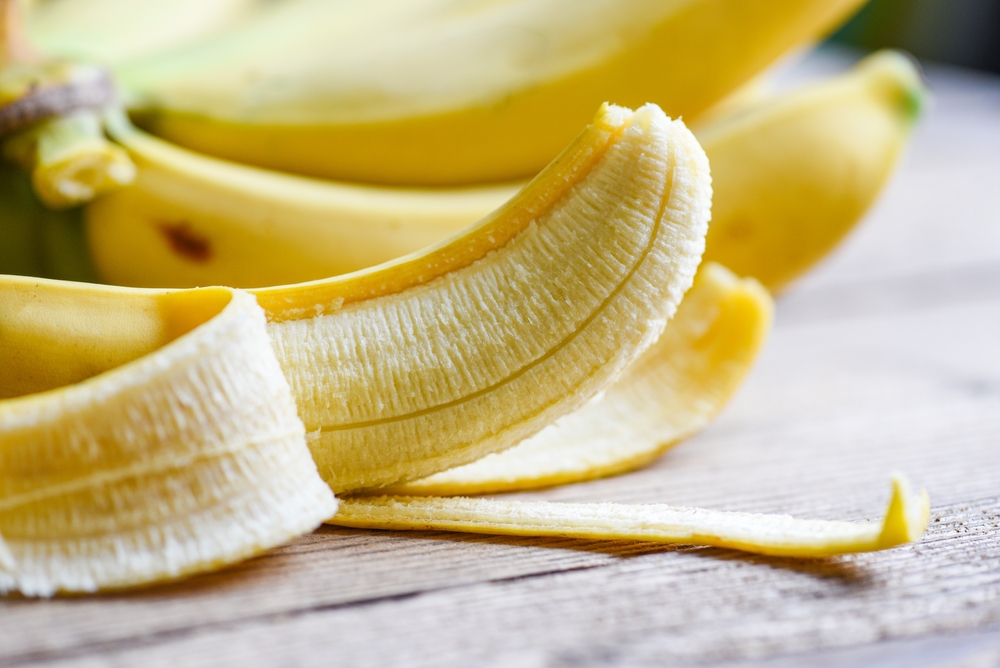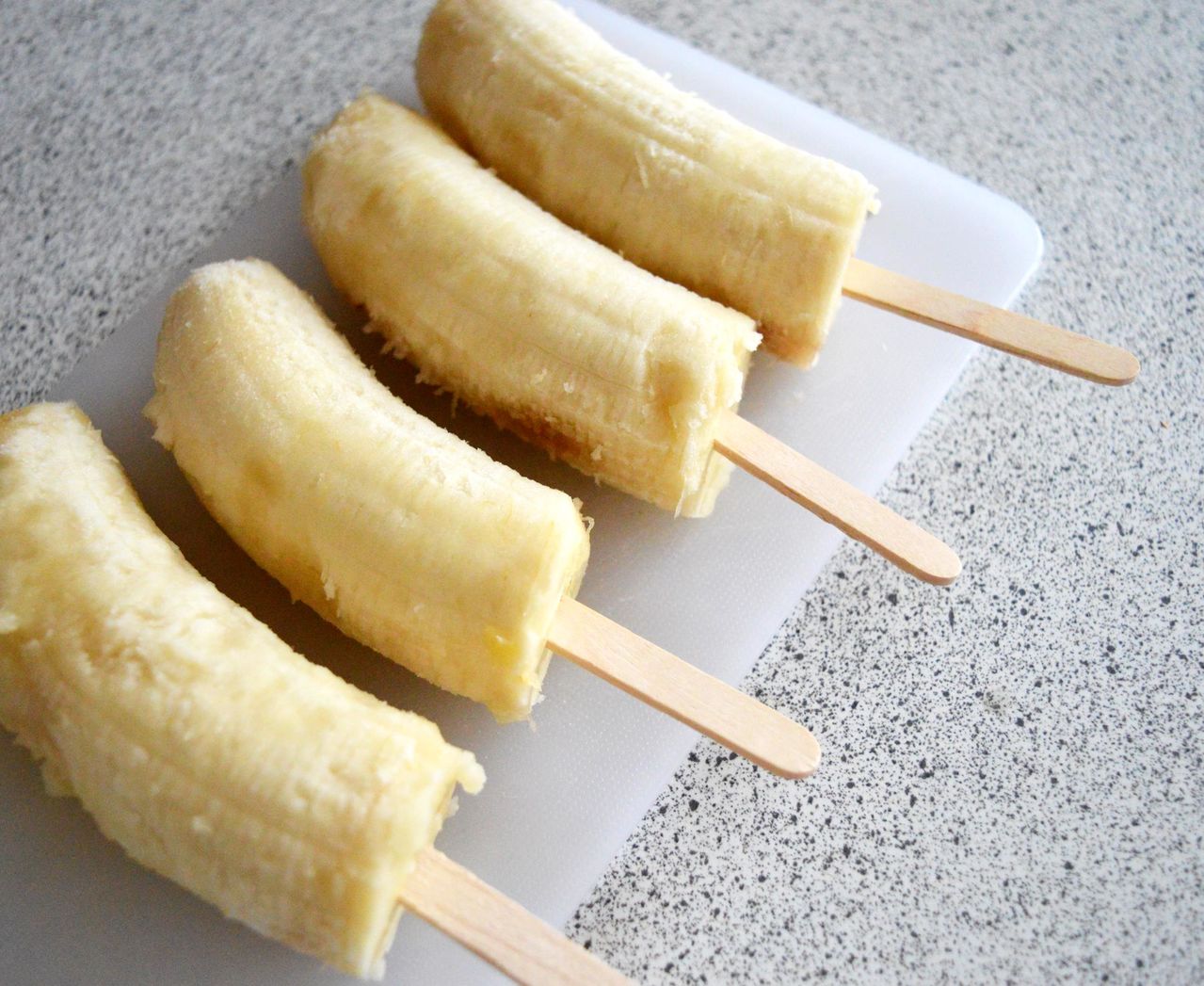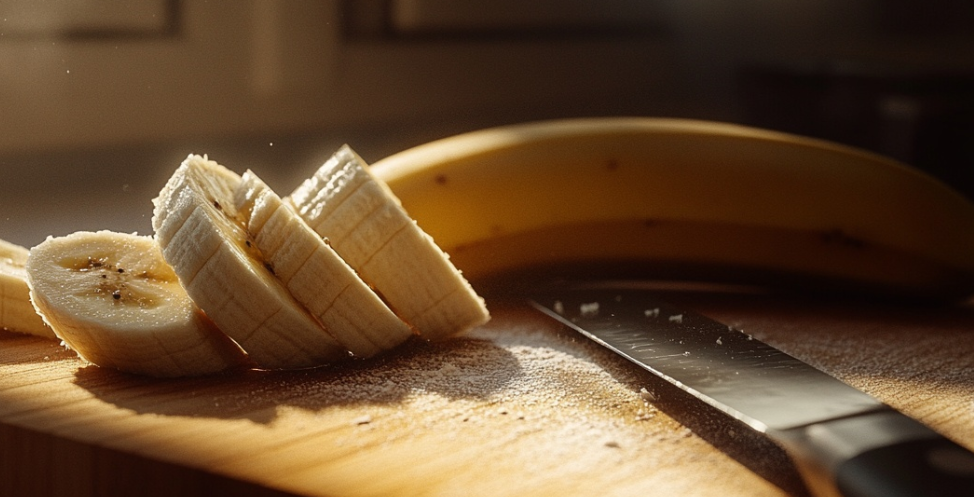Is Eating a Banana After Dinner Beneficial?
Others are reading now
Bananas are among the most popular fruits globally, valued for their great taste, convenience, and availability year-round.
They’re also packed with essential nutrients. But is there any particular benefit to eating a banana after dinner? Let’s take a look at what the research reveals.
The Yellow Superfruit – Beyond Just Dessert
Also read

Bananas are not only delicious but are also a staple in many diets. Their nutritional value and energy-boosting properties make them particularly popular among athletes.
Why Athletes Love Bananas

Bananas are rich in potassium, essential for muscle recovery after exercise. This mineral also helps regulate hydration, control blood pressure, and aid protein production—key factors for peak performance.
Nighttime Nutrition – What Your Body Craves

Beyond athletic recovery, bananas shine as a nighttime snack. Packed with carbohydrates, vitamin C, and B6, they also offer iron and magnesium—minerals vital for overall health and relaxation.
Building Blocks of Sleep – The Tryptophan Factor

Bananas contain tryptophan, an amino acid linked to better sleep. Tryptophan helps produce serotonin and melatonin, hormones essential for regulating sleep and mood.
From Lab to Bed – What Research Reveals

Studies, including those by Wyatt R.J. in the 1970s, showed that L-tryptophan improves sleep quality, especially non-REM sleep. This amino acid reduces sleep latency and helps people fall asleep faster.
Melatonin Production

Tryptophan in bananas boosts melatonin production, the hormone that regulates sleep cycles. Melatonin levels naturally decrease with age, making dietary sources even more critical.
Nature’s Sleep Aid – Bananas vs. Alternatives

While bananas are a good source of tryptophan, other foods like turkey, chicken, salmon, eggs, and dark chocolate contain higher levels. However, bananas remain a convenient and nutrient-packed choice.
Beyond Sleep – Additional Benefits

Eating a banana after dinner also aids digestion, stabilizes blood sugar, and provides a gentle source of energy for overnight repair processes in the body.
Bananas and Digestion

Bananas contain dietary fiber, such as pectin, which supports healthy digestion. Eating a banana after dinner can aid in preventing bloating and promoting smoother digestion through the night.
Eating a banana after dinner can be beneficial, particularly due to its nutritional properties. Science highlights its positive impact on sleep, thanks to the tryptophan content aiding melatonin production. Additionally, the potassium, magnesium, and dietary fiber in bananas support muscle recovery, regulate blood pressure, and improve digestion.
While bananas aren’t the richest source of tryptophan compared to other foods, their convenience, affordability, and complementary benefits make them a practical choice for enhancing sleep and overall well-being when consumed after dinner.
How often do you include bananas in your daily diet?


